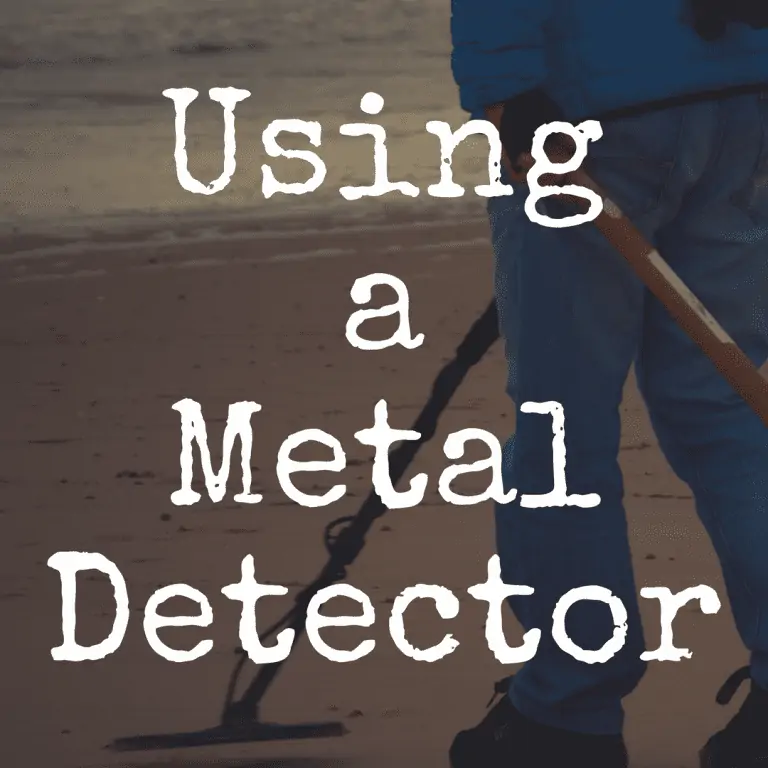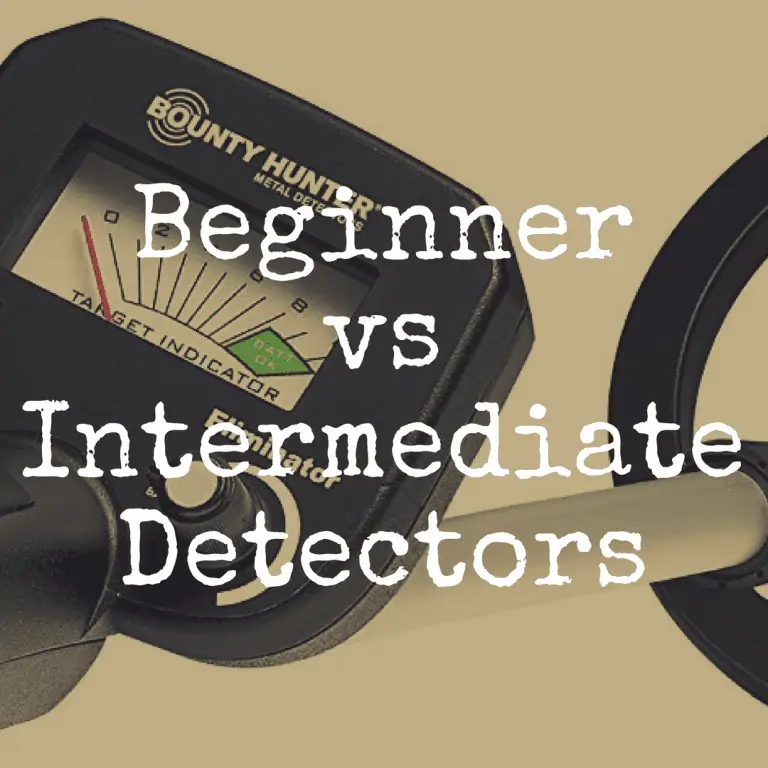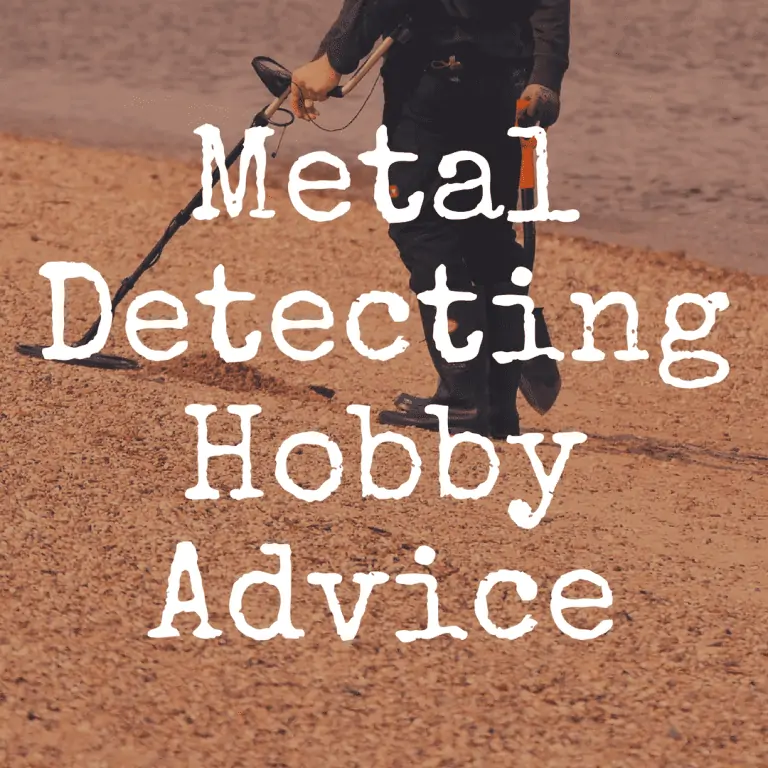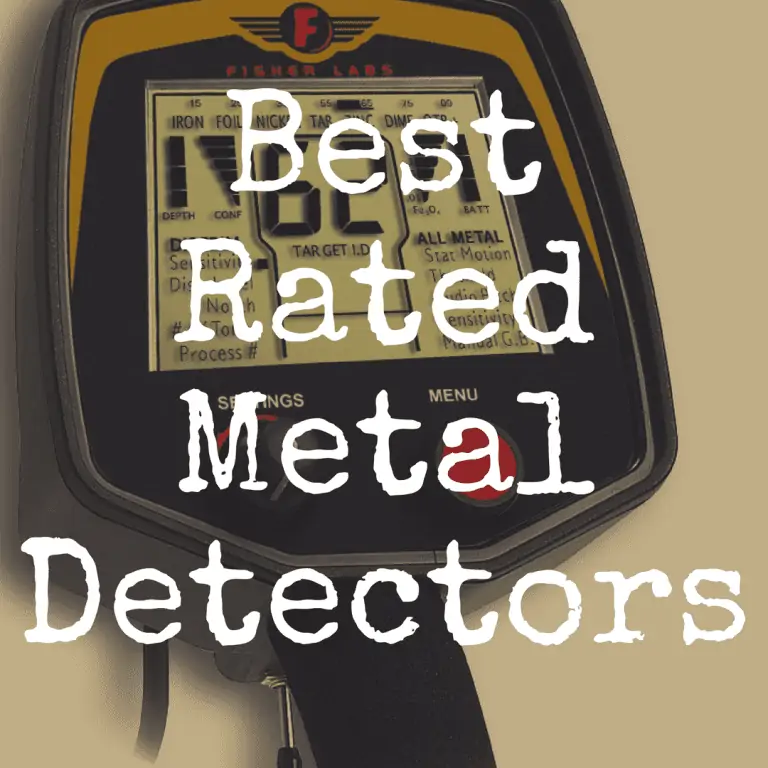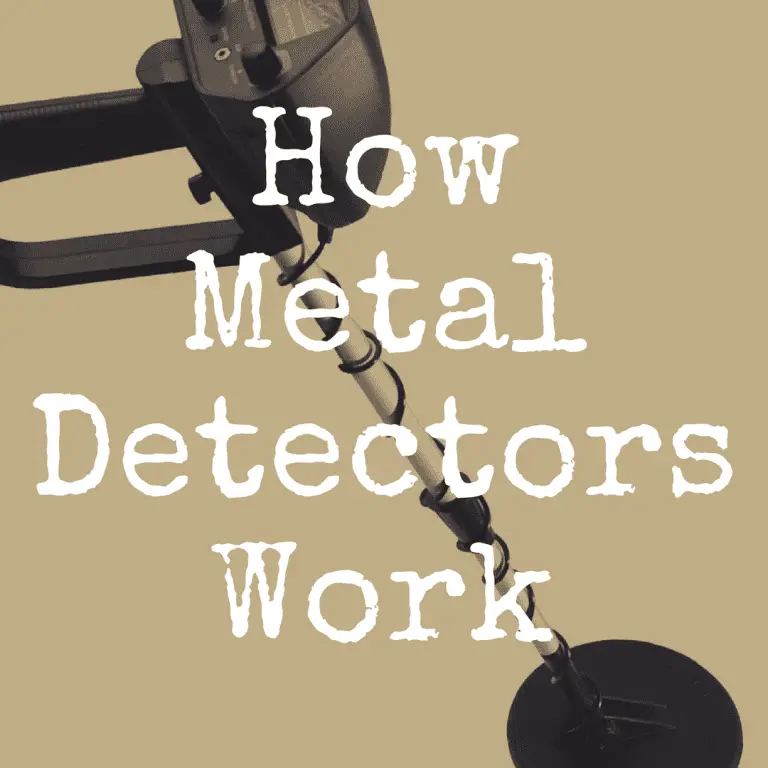21 Metal Detecting Secrets I Wish I Knew as a Beginner
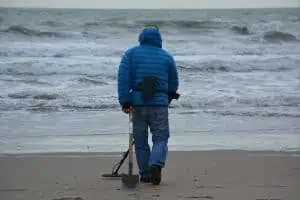
When I started out as a new detectorist years ago, I had no idea what I was doing. I was winging it as I went along. I didn’t do any research. I didn’t know any other detectorists. I just grabbed my metal detector and walked off into the sunset.
It turned out okay, despite my ineptitude. But my life sure would have been easier if I knew a few metal-detecting secrets before I figured them out the hard way. To help you have an easier transition into the world of metal detecting than I did, I’m going to share some of the secrets I wish someone would have told me before I started.
Twenty-one secrets, in fact.
But before I get to that, please take a look at the interactive guide below to see some of the most popular metal detectors on the market (if you’re also in the market for a new machine):
| Photo | Model | Price | Features |
|---|---|---|---|
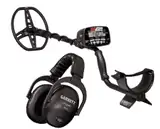 | Garrett AT Max | $$$ | Waterproof to 10 feet |
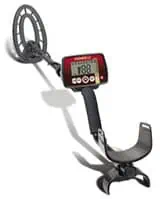 | Fisher F22 | $$ | 9″ Triangulated Concentric Coil |
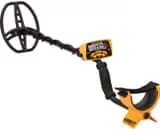 | Garrett Ace 400 | $$$ | 8.5 x 11" DD coil |
 | Minelab Vanquish 540 | $ | Search Modes: Coin, Relic, Jewelry, Custom, All Metal |
And without further ado, let’s jump right into our top 21 countdown!
1) Wearing Treasure Pouches
I didn’t know what a treasure pouch was until months after I was already detecting. Then one day at a park, I saw some guy stuffing his find into a pouch he was wearing, so I went home and did some online searching and saw treasure pouches were a real thing. It’s embarrassing to admit, but up until then I had been wearing a basic fanny pack.
Once I got a treasure pouch, I wasn’t even sure how to wear it – should the pouch part hang in the front like a camouflage loin cloth, or should I wear it to the side? It’s a matter of personal preference, so I wear it at my side and it works a lot better than my fanny pack did because it’s bigger.
2) Bigger Isn’t Always Better
It’s human nature, I think, to believe that something is better just because it is bigger. When I used to see people carrying bulky, heavy detectors around and they’d laugh at my lightweight unit, I’d feel bad about it.
As time went on, I stopped feeling bad because I could carry my lighter machine on an all-day hunt. The people who laughed at me would stop after a couple of hours because their arms and backs were getting tired from lugging their heavy detectors everywhere. If you want to find things, you have to be out there hunting for them, and that’s where the benefit of having a lighter machine comes in.
3) Find Your People
Join a metal detecting club. You’ll learn things it would take you years to figure out on your own. You’ll find new places to hunt. You’ll make friends. Being in a club will fuel your passion for metal detecting.
4) Buy a Good Shovel
Now’s not the time to be a cheapskate. Having a good shovel will cost you a few dollars, but they are worth every penny. I broke a lot of cheap shovels before I reached that conclusion. Buying a quality one has allowed me to reach targets I would never have been able to dig with a cheap hand trowel. Good shovels will allow you to hunt in gravel and through tree roots with ease, as well.

Be sure to check out some of the best-selling metal detectors currently available for sale on Amazon:
| BEST SELLERS |
|---|
| 1) Garrett AT MAX |
| 2) Bounty Hunter TK4 Tracker IV |
| 3) Bounty Hunter Gold Digger |
5) Don’t Be Afraid to Ask Questions
Ask what you need to know, and don’t ever apologize for it. Ask if you can hunt in a local park. The worst they’ll do is say no. The best thing that can happen is you’ll find a rare and valuable item there. It’s worth the risk.
This one was a hard one for me. I was shy when I started detecting, and I didn’t want to ask strangers or even friends and acquaintances if I could dig on their land. I found once I got going that many of them didn’t mind letting me search their yards. Some even wanted to help me.
6) Always Keep Spare Batteries
Never leave home without them. I’ve been in the middle of a good hunt, thinking I still had juice in the batteries in my detector. My batteries didn’t see it my way, and I was stuck on a group hunt without a working detector.
7) Be a Good Swinger
Your swing is a crucial part of a successful hunt. Your swing should be slow and low to the ground. If you swing the detector too high above the ground or too quickly, you’ll miss some targets.
8) Learn the Art of Plug Cutting
This one is so important. It took me two years to figure out a good plug cutting method. It’s a big deal, because if you leave people’s yard or public parks looking like crap when you’re done, it gives all detectorists a black eye. And we don’t need that bad publicity. We’re already uncool as it is to many people.
9) Pinpointers Are Important
They make finding targets so much quicker, and they cut down on the frustration you can experience while metal detecting. You’ll need to spend just over a hundred dollars to get a high-quality metal detecting pinpointer, but you’ll wonder why you ever attempted to hunt without it.
- Be sure to check out our article entitled: What’s the Best Metal Detector Pinpinter?
10) Every Hunt Won’t Be Great
Sometimes you’ve got to kiss a lot of toads before you find your prince. I’ve had discouraging hunts where I’ve found nothing good after spending hours looking, and I’ve had other searches where I seemed to have the Midas touch. The point is, don’t get discouraged by the bad hunts. Your best hunt ever may be just around the corner.
11) Learn How to Beach Hunt
You need to know what you’re doing before you go on a beach hunt. If you don’t, you’ll find a few things here or there, but you’ll get so many false positives you’ll think somebody put a curse on you. I wasted a perfectly good day at the beach in Florida on my first beach hunt by not knowing what I was doing.
12) Avoid Snobby Detectorists
Some people never outgrow high school. They still like to make other people feel bad if their things aren’t as expensive. If someone tells you your low-end machine won’t find anything good or makes you feel bad about it, don’t listen to them. They’re probably trying to justify the $1,000 they just plunked down on their machine.
I used a low-end machine for years and I found great stuff with it. These are just some of the things I found with a $150 Bounty Hunter metal detector:
- Coins, including silver ones from the 1800s.
- Jewelry.
- A Civil War-era bullet.
- Pocket knives.
- A gold-plated lift-arm lighter.
- Printing plates.
- Old bottles from surrounding targets in an outhouse dig.
13) You Don’t Need Headphones
Some people act like you aren’t detecting correctly if you don’t wear headphones. That’s not true. They may help some, but if they annoy you, you can certainly hunt without them. I find they are great for beach hunts, but otherwise, I skip them whenever I can.
However, if you do indeed want to use metal detecting headphones, check out the Garrett Z-Lynk MS-3.
- If you would like to use headphones, however, please read our article entitled: What are the Best Headphones for Metal Detecting?
14) Do Your Research
If you want to find a truly great hunting spot, find a place where people congregated. That may take some research. Go to the library or historical society and find places that used to be parks or one-room school houses. You’ll find great stuff if you hunt there.
15) Consider Using Knee Pads
The ground is a pretty hard place. It helps if you have some cushion to take the sting out of sitting on your knees for minutes at a time. Bringing a cushion for your knees can help you hunt longer and ache less.
16) Dig Everything
This is a crucial rule when you are a new detectorist. Sure, your detector may show a probable junk find signal, but that isn’t an iron-clad guarantee the find is worthless. I’ve had plenty of junk finds turn out to be great hits.
As you get more used to the signals your metal detector will throw off, you’ll get a better feel for which targets you should dig and which ones it would be a safe bet to avoid.
17) Slow Down
This isn’t a race. If you cover too much ground too quickly, you’ll end up missing something. Slow your swing down and make sure you’re searching the entire area, even if it means gridding off the sections you’ve already searched.
18) Searched Doesn’t Mean Tapped Out
Just because other detectorists have searched places that you’re considering hunting, it doesn’t mean you should abandon the idea of looking there. Detectorists routinely miss things or don’t dig them on purpose, figuring they are junk signals.
I’ve searched some areas multiple times and I always seem to find something I’ve missed the first time, even when using inexpensive metal detectors. I’ve been hunting one of my favorite spots for years. Every hunt turns up something new.
19) Consider a Coin Cleaner
If you find a coin that appears to be old and potentially valuable, it’ll be tempting to clean it yourself. Don’t do it. An improperly cleaned coin can drastically hurt the value. You might be causing little scratches and nicks even with a fairly gentle cleaning.
Pony up the money to consult a professional coin cleaner and see what they recommend doing.
20) Double Check Your Hole
After you dig a target, use your detector to re-check your hole. You might still have targets there. Never assume every hole has just one target. You could encounter a coin spill or an outhouse site. If you do, there will be multiple targets in that area for you to dig.
21) Pay Attention
When I’m metal detecting, I’m 100 percent focused on what I’m doing. Sometimes I have headphones on, but even when I don’t, I often find myself drowning out the rest of the world because I’m totally in the metal detecting zone. While it’s great we have a hobby we love so much, we need to remember to be aware of our surroundings at all time, especially if we’re hunting alone.
When you’re detecting, sometimes strangers will approach you and ask you how you’re doing. Never brag about a rare coin you just found or tell them how valuable your machine is. You’re asking to be ripped off.
Always make sure someone knows where you are going to be hunting in case you run into any trouble. If you’re hunting underwater, you should always have a buddy with you for added protection.
If you enjoyed this article, please “like” our Facebook page!
You Might Also Want to Read:
